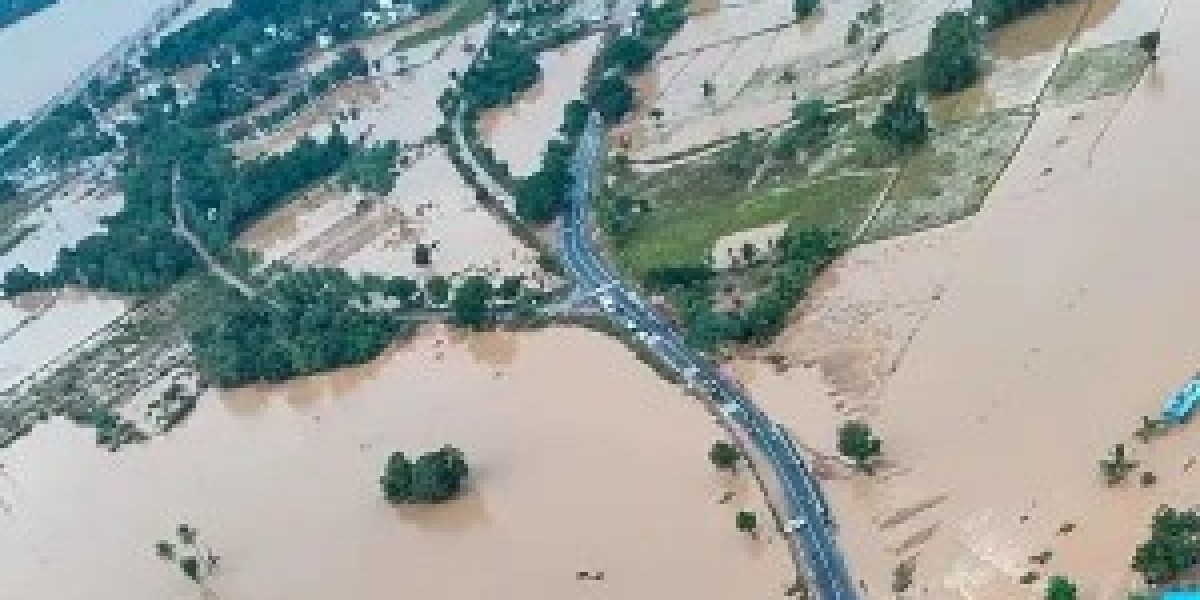NGOs play a crucial role in natural disaster relief efforts. Their involvement and contributions are essential in providing immediate assistance, long-term recovery, and rebuilding communities affected by natural disasters. Here are some key roles that NGOs typically play in disaster relief:
Emergency Response and Relief: NGOs often have well-established networks and resources that enable them to quickly mobilize and respond to disasters. They provide immediate relief by distributing essential supplies such as food, water, shelter, clothing, and medical aid to affected communities. NGOs also assist in search and rescue operations, evacuations, and setting up temporary shelters.
Humanitarian Aid and Services: NGOs work to meet the basic needs of disaster-affected populations. They provide medical services, including emergency medical care and psychological support to survivors. NGOs may set up mobile clinics, field hospitals, and mental health counseling centers to address the physical and emotional well-being of the affected individuals.
Rehabilitation and Recovery: NGOs are involved in the long-term recovery and rehabilitation of disaster-stricken areas. They focus on rebuilding infrastructure, schools, healthcare facilities, and other essential services. NGOs also engage in livelihood restoration programs to help communities regain their economic stability through vocational training, microfinance initiatives, and small business support.
Community Support and Capacity Building: NGOs play a crucial role in empowering local communities to become more resilient in the face of future disasters. They provide training and education on disaster preparedness, risk reduction, and response strategies. NGOs collaborate with local communities, government agencies, and other stakeholders to develop disaster management plans, establish early warning systems, and strengthen community resilience.
Advocacy and Policy Engagement: NGOs often advocate for policies and practices that promote effective disaster management and reduce the vulnerability of communities. They raise awareness about the needs of disaster-affected populations and work to ensure that the rights and well-being of survivors are protected. NGOs engage with government authorities, international organizations, and other stakeholders to shape policies, regulations, and funding mechanisms related to disaster management.
Conclusion, Disaster Relief NGOs play a crucial role in providing immediate relief, facilitating long-term recovery, and building community resilience in the aftermath of natural disasters. Their efforts complement the work of government agencies and international organizations, ensuring a comprehensive and effective response to disasters.






